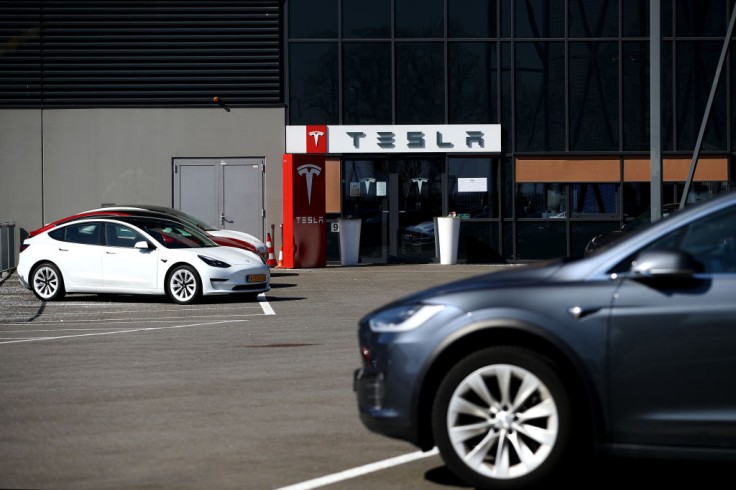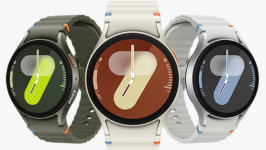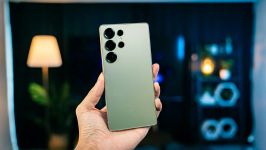
How much autonomy could cars get? A 5G lobbyist proposed that cellular technology should be used in Vehicle-to-Everything (V2X) communication. However, Elon Musk argued that autonomous vehicles must eventually work with zero connectivity.
Improvements on self-driving cars have been a growing trend in these last few years. It is worth noting that a self-driving car is also called an autonomous car or driverless car. They all refer to a vehicle that uses sensors, cameras, radars, and artificial intelligence to automate its system. This means the car could travel between target destinations even without a human operator.
According to Analytic Steps, some self-driving companies that use the innovative technology are Pony.ai, Waymo, Apple, Kia-Hyundai, Ford, Audi and Huawei. However, the most iconic company is Elon Musk's Tesla Inc., arguably the most advanced in the industry.
5G Technology for V2X Communication
In IoT Times' report, an organization called 5G Automotive Association (5GAA) promoted cellular-based V2X communication. This means they would use the short-range 5G wireless technology to "communicate" between vehicles and exchange necessary information.
Dr. Johannes Springer, director general of 5GAA, explained their views on C-V2X potential. He said if millions of vehicles shared their safety-related data between car manufacturers, "this data sharing (should) exists via cellular networks. One vehicle that detects, for instance, a black ice warning, or produces a black ice warning, sends this warning via the cellular networks to other vehicles. And this consensus, the data sharing via the cellular networks, creates a lot of benefits for other traffic participants, not, by the way, just the vehicles, but also to other vulnerable road users, cyclists, pedestrians, and so on..."
Springer gave another example for C-V2X in a parking lot situation. He said if only cars and mobiles would communicate with each other, the automated driving task of the vehicle would quickly spot an available parking space by itself. It should be a huge benefit for heavy city activity.
Despite the exciting concept, it is worth noting that 5GAA actively promoted 5G technologies rather than vehicle-to-vehicle or vehicle-to-infrastructure communication. The interview excerpt was analyzed and re-posted by Slashdot.
Elon Musk Tweets about Autonomous Vehicles With No Connectivity
When Slashdot tweeted their article on their social media page, many were surprised to see Elon Musk reply. Slashdot said that "5G Lobbyist Argues It May Be a Long Time Before Autonomous Vehicles Reach Cities," but Musk countered, "Autonomy must & will work even with no connectivity."
Autonomy must & will work even with no connectivity
— Elon Musk (@elonmusk) October 17, 2021
Musk implied that self-driving vehicles must be fully independent in the long run. Rather than consolidating information through device communication, both in WiFi and 5G, the argument said the car must be capable of making decisions for itself.
The idea might be linked to Tesla's popular Full Self Driving (FSD) program and Autopilot software. Musk left his tweet open to interpretation, so it would be best to read this article with a pinch of salt.









